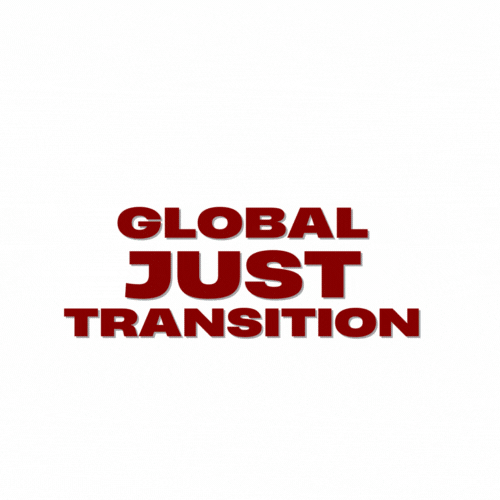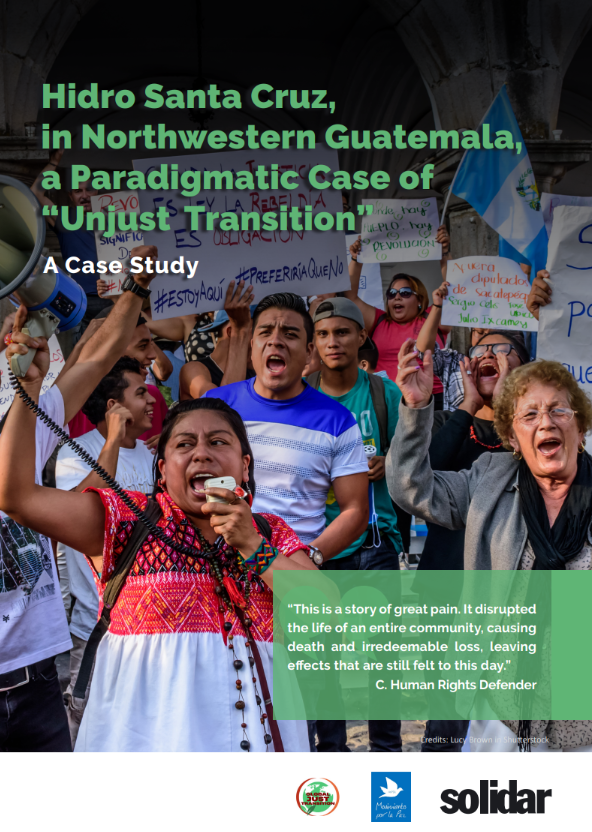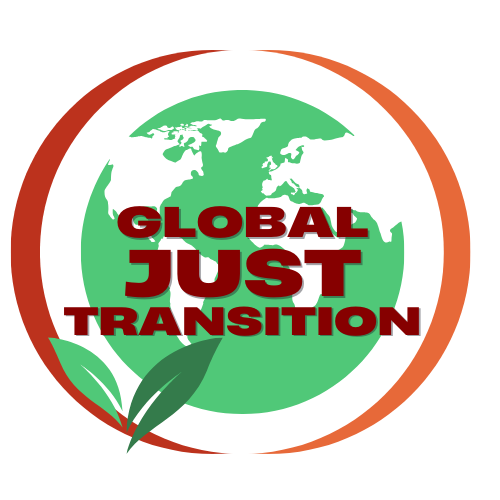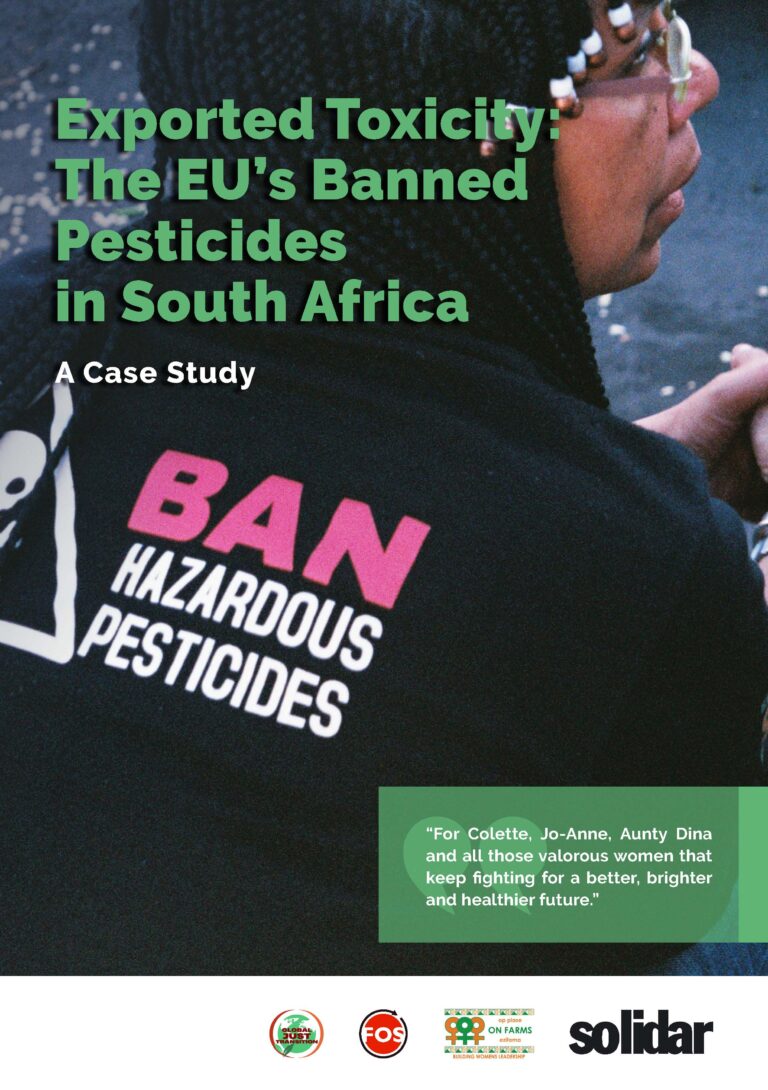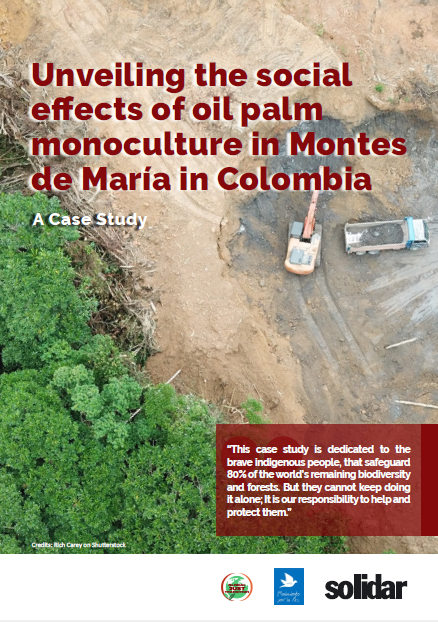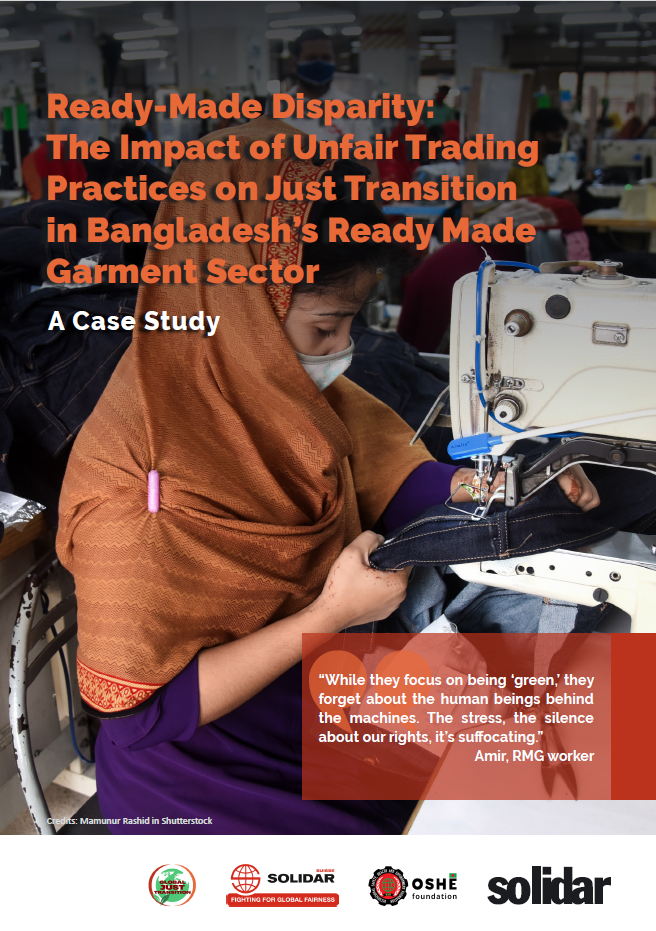Briefing Paper | Toxic double standards: How Europe sells products deemed too dangerous for europeans to the rest of the world
Despite the European Union positioning itself as a leader in sustainability, safety, and environmental protection, its efforts remain confined within its borders, with little to no external considerations of the impact of its policies on partner countries. This approach becomes even more evident when looking at the hypocritical double standards in EU trading policies. In fact, several pieces of EU legislation, including those banning some products because of their impacts on public health, human rights, animals and the environment, do not apply when the goods produced in the EU are meant to be exported, then used and consumed in non-EU countries. For example, highly hazardous pesticides, unsafe toys, polluting single-use plastics, and other goods that cannot be put on the market in the EU, are subject to a loophole that allows companies to still produce and export them from Europe to the rest of the world.
Last February, SOLIDAR shed light on the topic of toxic pesticides being banned in the EU but still produced and exported in South Africa, through the publication of the case study: “Exported Toxicity: EU’s Banned Pesticides in South Africa“.
Today, together with more than 100 non-governmental organisations, including Amnesty International, the Children’s Rights International Network and Greenpeace, we publish the joint briefing paper “Toxic Double Standards: How Europe Sells Products Deemed Too Dangerous for Europeans to the Rest of the World“. The briefing presents different examples of loopholes that allow companies in the EU to profit from selling harmful products and damage the environment and health of those outside the EU, particularly those in low and middle-income countries, and argues for a straightforward solution: an EU horizontal legislation that prevents the export from the EU of goods (such as single-use plastic products or toxic chemicals and pesticides) whose sale, use or consumption in the EU are not allowed under EU law.
